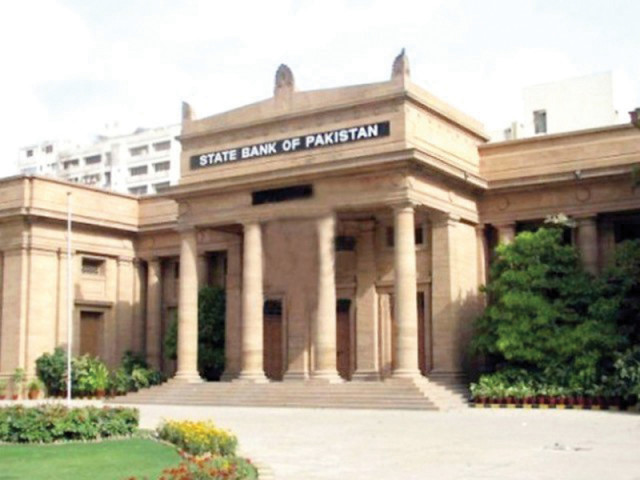State Bank set to launch micropayment gateway
It will allow govt entities, merchants and consumers to make swift digital payments

Pakistan’s central bank is all set to launch the much-awaited micropayment gateway (MPG) in the next two months to allow government and private sector entities, banks, merchants and consumers to make swift digital payments.
The State Bank of Pakistan (SBP), in collaboration with international partners, experts, vendors and financial industry, has achieved various milestones. A major milestone of the project is to ensure the deployment of state-of-the-art infrastructure to build and operate the gateway.
“The SBP is now in final stages of going live with the first use case, ie bulk transfers including government-to-person (G2P) transfers, tentatively by the end of (December) 2020,” the SBP said in a report issued this week.
The SBP expects rapid digitisation of public and private sector collections and payments, particularly of salaries and pensions, following completion of the project.
MPG is an instant payment mechanism. The central bank took the initiative to achieve the strategic goal of developing modern and robust payment systems in the country, the report added.
“MPG is a state-of-the-art, interoperable and secure payment platform that would enable consumers, merchants and government entities to exchange funds in a seamless, instant and cost-effective manner.
“It has advanced functionalities to process instant/ near real-time and alias-based payments, bulk transfers and request to pay and capability to (take) onboard participants including banks, merchants, electronic money institutions (EMIs), etc through Application Programming Interfaces (APIs).”
The central bank started work on MPG in collaboration with the Bill and Melinda Gates Foundation, it was learnt.
In addition to setting up the MPG, the SBP also laid the foundation for improving the large-value payment system in the country.
Under the World Bank’s Financial Inclusion Infrastructure Project (FIIP), the SBP decided to replace the current RTGS (the only large-value payment system in the country) with the Automated Transfer System (ATS+) to bring efficiency to the large-value settlement system in the country, enabling the central bank to facilitate the settlement of securities and transactions performed through the micropayment gateway and other ancillary systems, the SBP said.
Besides, according to the central bank, the payment acceptance infrastructure in Pakistan did not gain traction and the number of access points, particularly Point of Sales (POS) terminals, remained stagnant for the last many years.
The SBP, after analysing the payment cards market, found that the distortion was mainly due to asymmetry in the market, “whereby issuers (institutions issuing payment cards to their customers) were the most profitable, leaving fewer margins for acquirers (institutions in the business of deploying POS machines) as they were operating at a loss.”
To address challenges to the POS acquiring business such as undercutting, rationalising card issuers’ share and increasing POS card acceptance infrastructure, the SBP made policy interventions, which included mandating a floor on the merchant discount rate (MDR) for POS acquiring, capping the interchange reimbursement fee (IRF) for debit and prepaid cards and mandating banks/ card issuers to offer SBP-approved Domestic Payment Scheme (DPS) Card as the default card at the time of issuance or renewal of debit cards, the central bank said.
The SBP stated that it was not feasible for many small merchants working on small margins to deploy POS machines that had high variable costs. “One of the alternative ways to address this situation is to promote acceptance of payments through QR codes,” it said.
Although QR codes have been deployed in substantial numbers in the country, “the volume of transactions did not achieve desired levels, mainly due to their lack of interoperability”.
Therefore, as a first step towards achieving interoperability, the SBP advised all QR code issuing and/ or acquiring institutions to adopt EMVCo’s QR code specifications. “This is expected to enable financial institutions to innovate and expand their acquiring business without creating proprietary systems/ schemes and provide a foundation to achieve inter-scheme interoperability,” the central bank said.
Published in The Express Tribune, November 8th, 2020.
Like Business on Facebook, follow @TribuneBiz on Twitter to stay informed and join in the conversation.


















COMMENTS
Comments are moderated and generally will be posted if they are on-topic and not abusive.
For more information, please see our Comments FAQ